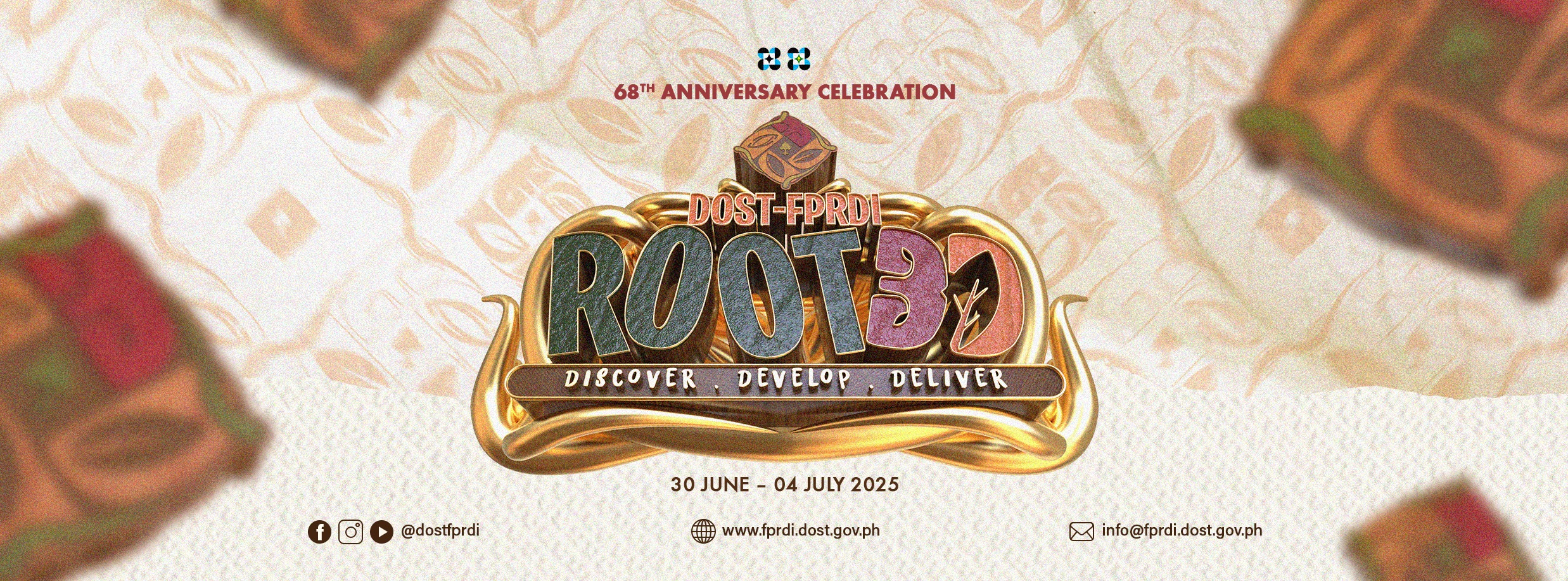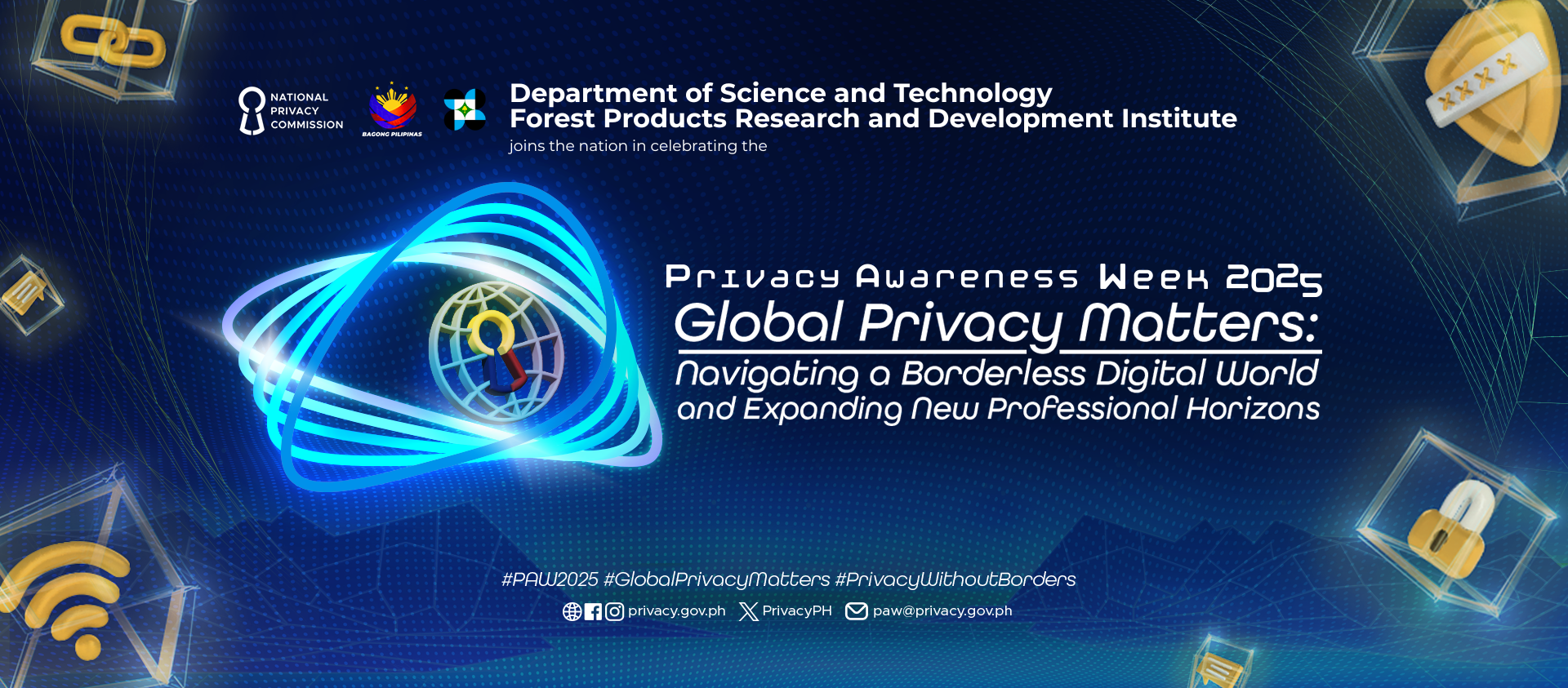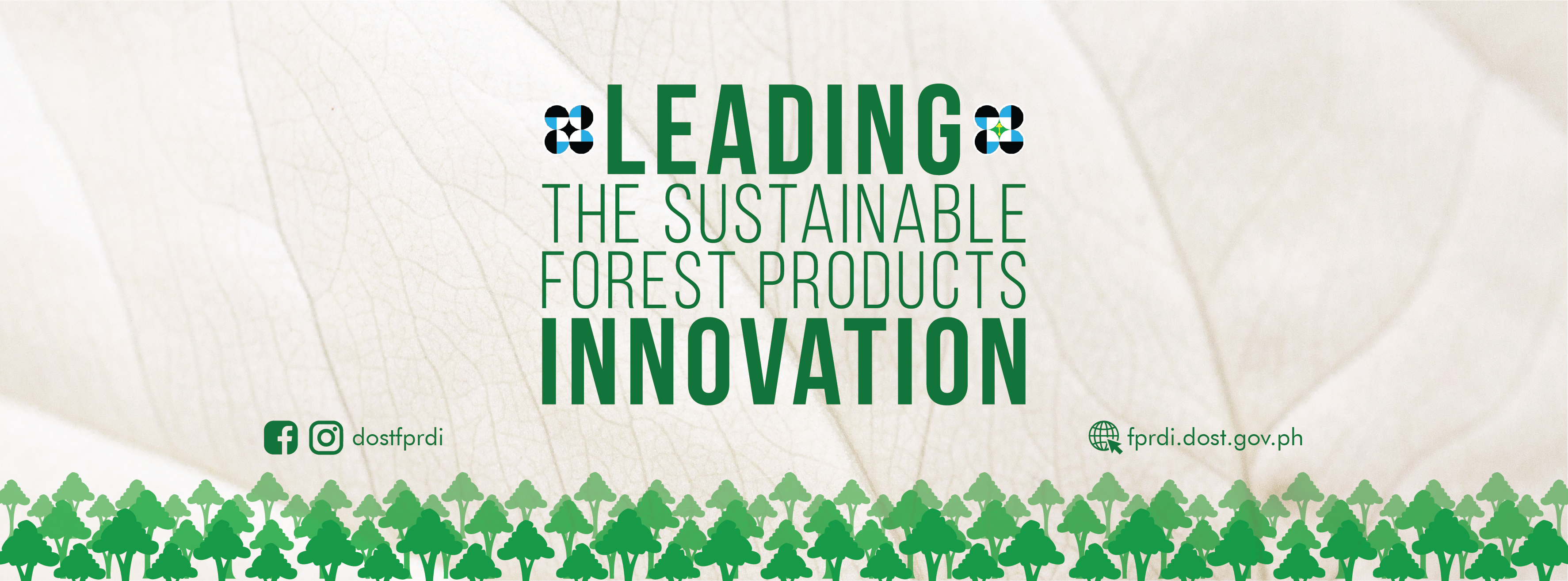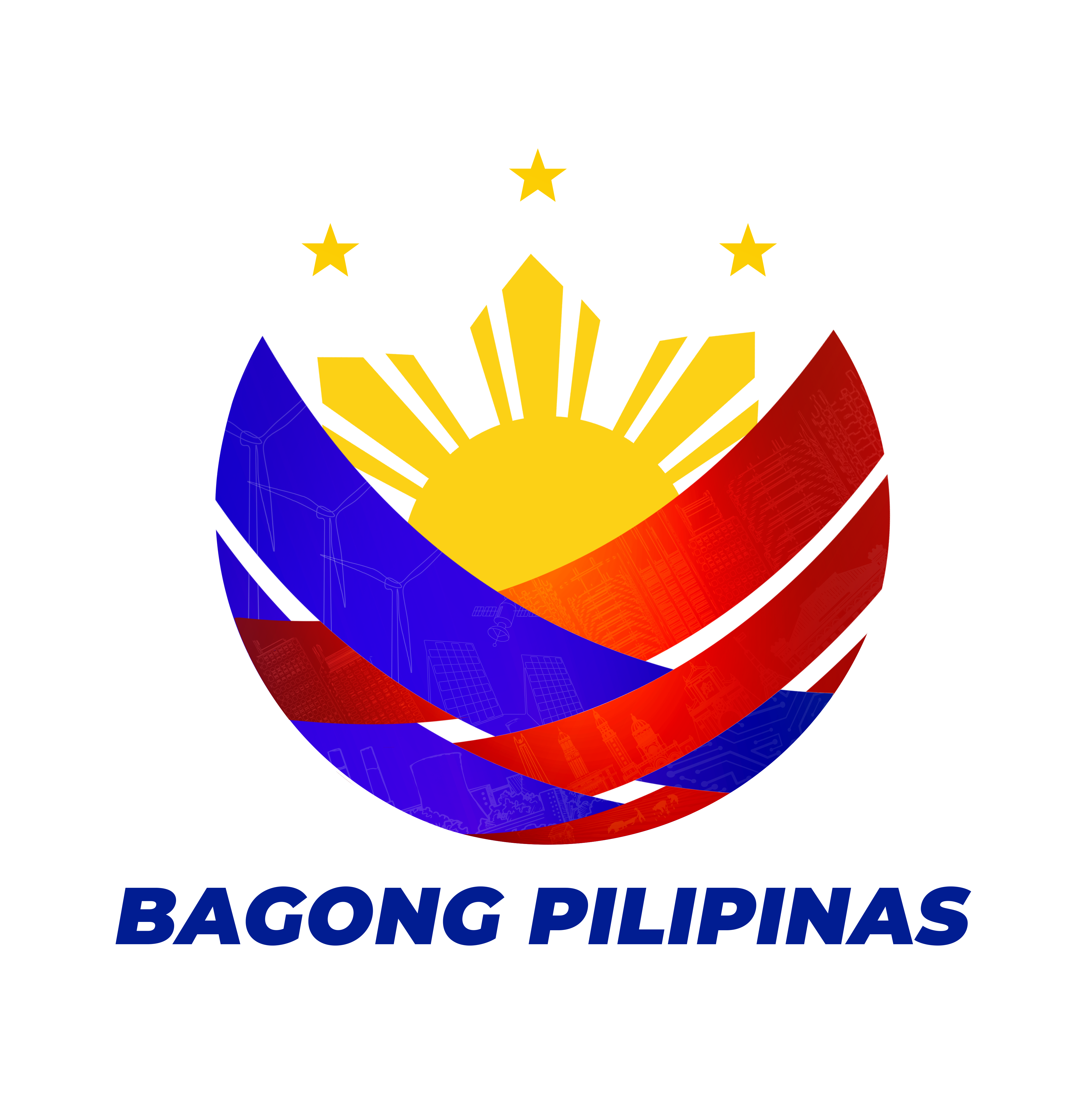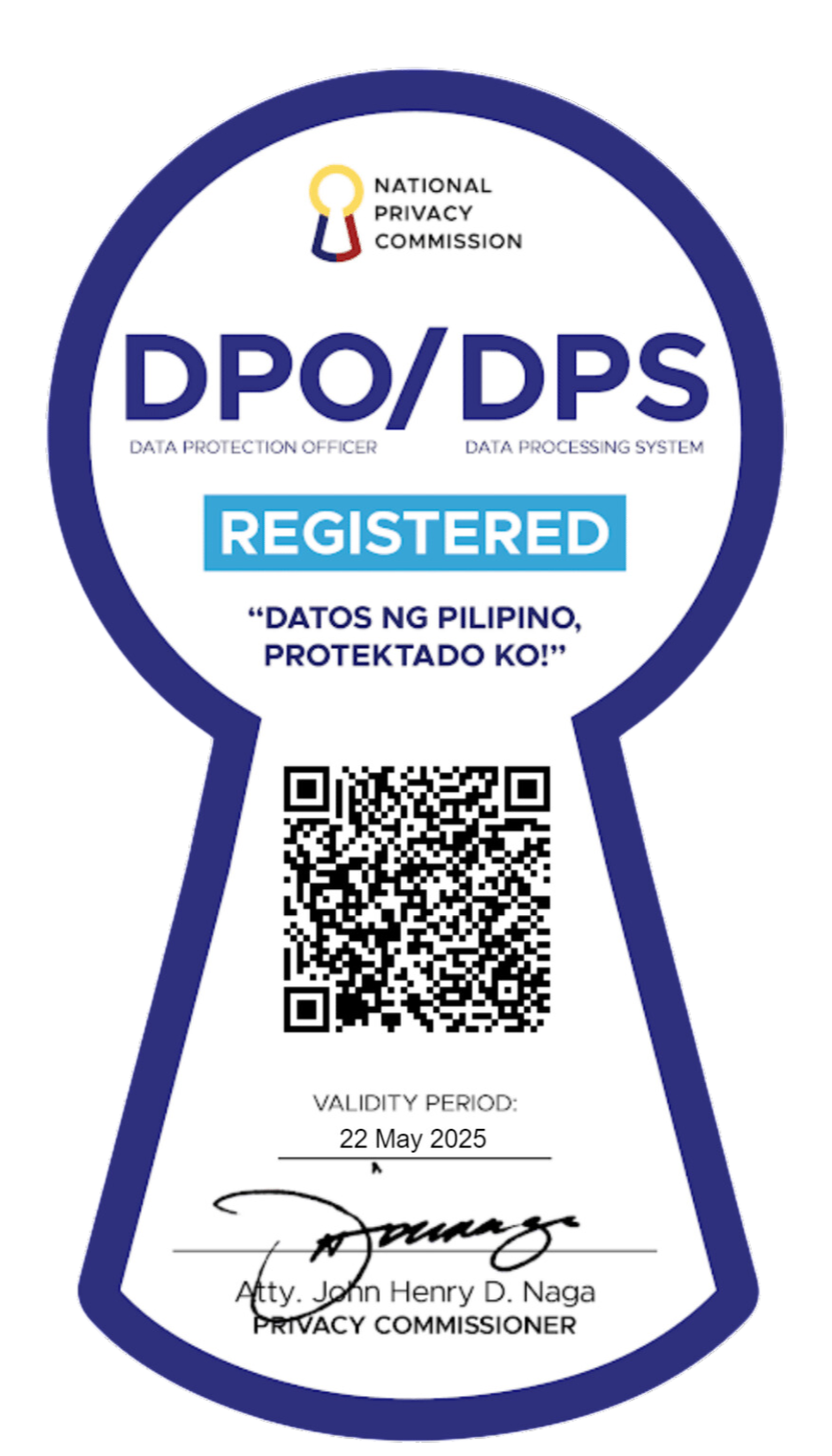Local rubber industry has bright prospects
June 21, 2013
Things are looking up for the country’s natural rubber industry.
This was the good news shared by Engr. Belen B. Bisana, Supervising Science Research Specialist and Chief of FPRDI’s Bio-Energy and Equipment Development Section, during the Institute’s Technical Seminar on 23 May 2013.
“By 2017, the Yokohama Tire Philippines Inc. (YTPI), a global tire manufacturing company based in the country, is projected to produce 50,000 tires a day. This presents an opportunity for the Philippines to increase natural rubber production by 12% for the YTPI alone,” said Bisana.
She added that the world demand for natural rubber is expected to increase from 10.2M metric tons (MT) in 2010 to 15.4M MT in 2020. “Malaysia’s decreased production of natural rubber can be an opportunity for the country to expand export,” Bisana said. In 2010, the local natural rubber industry produced 395, 237 MT and generated around 277,420 jobs, with plantation sites mostly found in Regions IX, X, XI, XII, and ARMM.
Sourced from rubber trees, natural rubber is harvested in the form of latex — a sticky, milky fluid collected by incising the bark. It is commonly manufactured into tires, footwear, gloves and latex products. Top consumers include Malaysia, Singapore, China, Korea, Japan and Taiwan.
Bisana leads the “National R&D Program for Natural Rubber Processing and Rubber Manufacturing”, which is anchored on the country’s National Rubber R&D Agenda. A collaboration among the Departments of Science and Technology; Trade and Industry; Environment and Natural Resources; Agriculture and the Philippine Rubber Industry Association, the Agenda envisions the rubber industry to be competitive in production, processing and manufacturing by 2020.
Specifically, Bisana will helm a sub-project that aims to improve the production of technically-specified rubber in Zamboanga Peninsula by training the farmers on latex tapping and handling, benchmarking and dissemination of best practices, and recommending facilities and equipment, among others.
Bisana also attended the “MRB-IRRDB Workshop on Standards and Quality as Essential Approaches for Producing Quality Rubber Products” from 13-17 May 2013 in Kuala Lumpur, Malaysia. Organized by the International Rubber Research and Development Board (IRRDB) in cooperation with the Malaysian Rubber Board (MRB), the workshop delved into the importance of rubber testing, and the procedures and protocols involved. Four other Asian countries participated in the workshop. ### (Apple Jean C. Martin, 31 May 2013)

